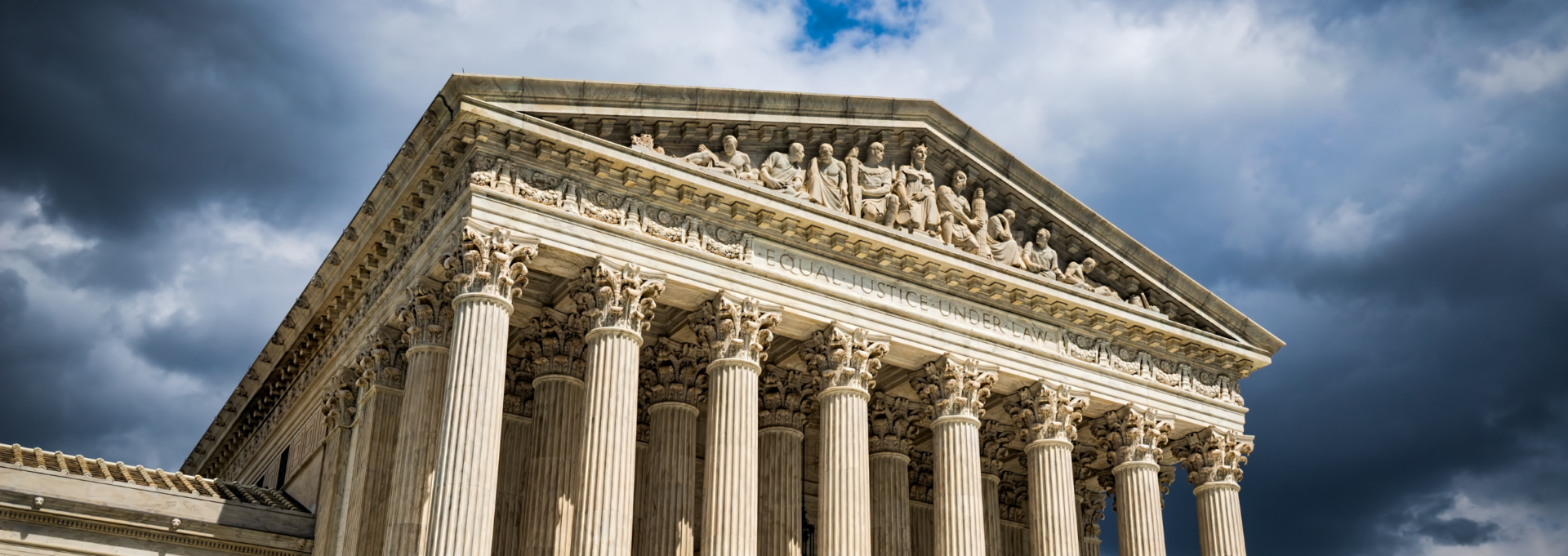Do Debt Collectors have to be Licensed to Collect in North Carolina?
Before going into the business of collecting debts for creditors from North Carolina consumers, a collection agency must first obtain a state collection agency permit. A collection agency must also include its permit number in each written communication with each consumer debtor. The permit process allows the state to ensure that collection agencies that will be handling consumers’ money are legitimate, financially stable businesses. It also gives the state an opportunity to check into the backgrounds of the persons who own and run the agencies. Keep in mind that, in addition to handling money, collection agencies also often have access to bank account numbers, Social Security numbers, birth dates, and other information that could be used for financial identify theft. Perhaps that is why North Carolina law says that those who conduct debt collection activity without the proper permit are guilty of a felony!
Not all persons collecting debts have to get a permit, however. Only those that the law defines as “collection agencies” must get the permit. For example, if the person calling you is employed by the actual creditor (such as the collection department at your credit card company), a state collection permit is not required. Similarly, attorneys and law firms can collect on debts without having the state collection permit.
How can you tell if the collection agency calling you has a North Carolina collection permit? You can then check this by looking it up with the company’s name on the license status website maintained by the state Department of Insurance. If the search comes up empty, it’s likely that the company does not have the proper permit.
Let’s say the search comes up empty – what should you do next? Well, you have several options. First and foremost, you may want to consult an attorney who handles Fair Debt Collection Practice claims to find out if you have legal claims against the collection agency for violating any debt collection laws, or claims against the creditor who hired the unlicensed agency to collect its account. My office is currently pursuing lawsuits on behalf of three North Carolina consumers against two collection agencies that failed to obtain the proper permit before targeting the consumers for debt collection calls.
Not everyone wants to take legal action. If you do not want to pursue claims against the collection agency, you can still report the collection agency to the state Department of Insurance for conducting collection activity without a permit. (You should probably still consult an attorney beforehand about the advisability of this step.) The state’s investigation of your complaint can stop the illegal collection activity against not only you, but also other consumers.

